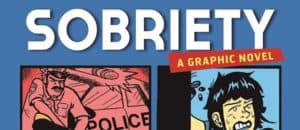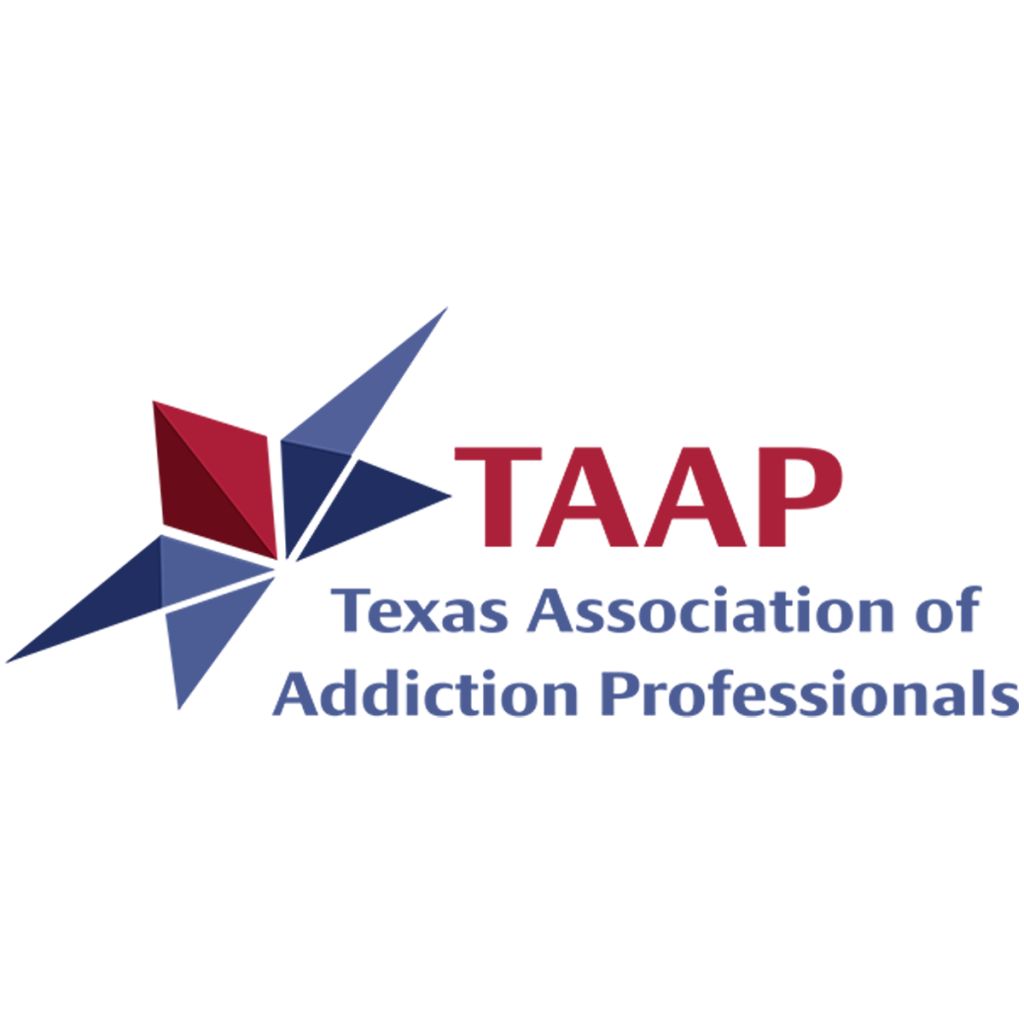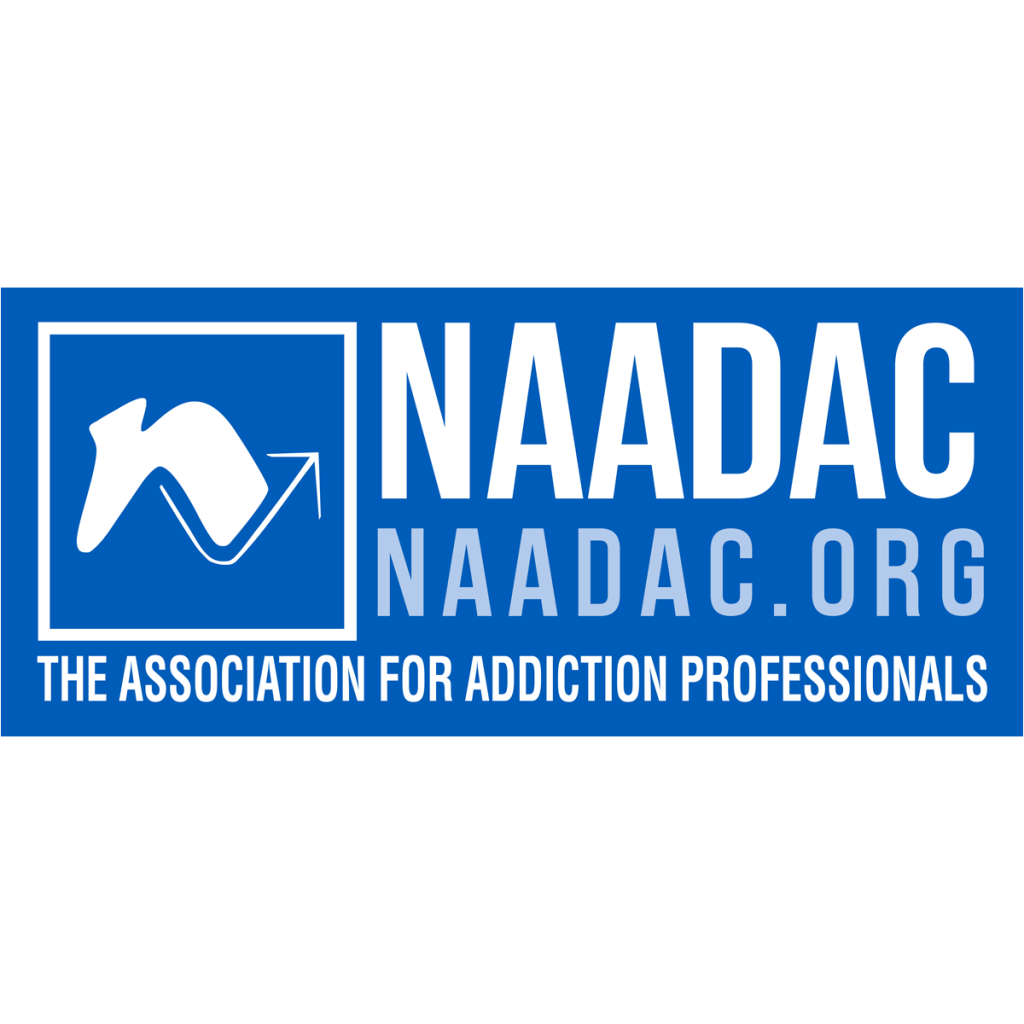
[IDEAS Series] Q&A with Nick Tolar, Director of Operations at Eudaimonia Recovery Homes
Nick Tolar is the Director of Operations at Eudaimonia Recovery Homes, the sister company of Nova Recovery Center. He oversees the general operations of our

Nick Tolar is the Director of Operations at Eudaimonia Recovery Homes, the sister company of Nova Recovery Center. He oversees the general operations of our

Daniel Maurer is an accomplished author who lives in Saint Paul, Minnesota with his wife, Carol, and two sons. His four books include “Faraway: A

The holiday season is a joyous and eventful time that many people look forward to. If your addiction has reared it’s ugly head and you’re

What is a Moral Inventory? Step four of the 12-step program requires that individuals make a searching and fearless moral inventory of themselves.1,2 A moral

Social functions are times to relax, enjoy friends and family and have fun. If you’re someone in addiction recovery, staying sober during these occasions may feel like a cloud hanging over the experience. There are ways to have sober fun at social functions, and this article outlines a few tips and tricks to have a good time without endangering your sobriety.

Brutally honest lyrics in rock music can often shock the listener, but sometimes they can lift the soul. This is especially true when the songs

Nova Recovery Center is a trusted drug and alcohol rehab facility offering personalized treatment programs across the United States. With a focus on long-term recovery, our evidence-based services include medical detox, inpatient rehab, outpatient programs, and sober living. Whether you’re seeking help for yourself or a loved one, Nova Recovery Center provides compassionate care and lasting support every step of the way.


